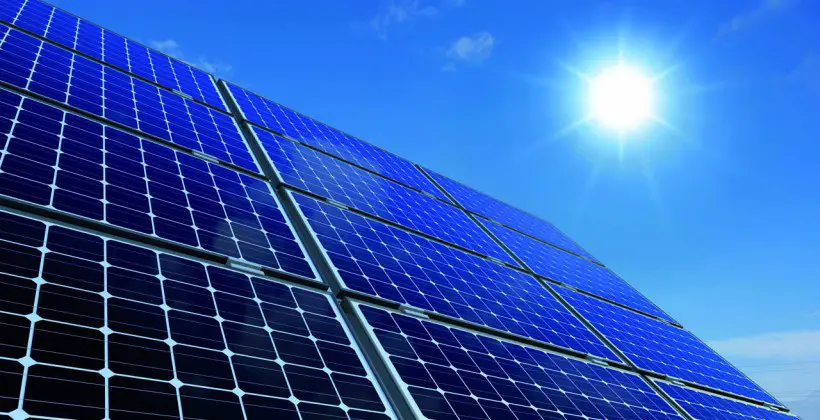South Africa’s Cape Town has announced plans to develop its own power plants to cut reliance on state power utility Eskom Holdings SOC Ltd.
The move follows decades of intermittent electricity outages because Eskom can’t meet national demand. The government last year said municipalities could find alternative suppliers. Kadri Nassiep, the city’s Executive Director said the city is seeking to secure more than 450MW of power from renewable sources to also reduce greenhouse gas emissions. A range of options is being looked at but the bulk of Cape Town power will be generated will come from solar plants.
Also Read:Construction of largest renewable energy investment in South Africa begins
Control in pricing
“Cape Town could secure finance to build 100 to 200MW of its own generation capacity. We realized that it is important for the city to be more in control around the pricing of the power. We will seek proposals for the provision of as much as 150MW from privately-owned plants to be built and operated within the city. As much as 300MW may also be purchased at a later stage from plants outside of Cape Town. We hope to start generating some of our own power next year,” said Nassiep.
Earlier this month Ethekwini, the municipal area that includes the city of Durban, issued a request for information for the provision of 400MW of power. The City of Johannesburg will in September seek information and proposals for the construction of a 150MW solar plant, 50MW of rooftop solar panels and the refurbishment of an idle gas-fired plant that could generate 20MW. It will also seek information for the installation of 100MW of battery storage.
82

Leave a Reply